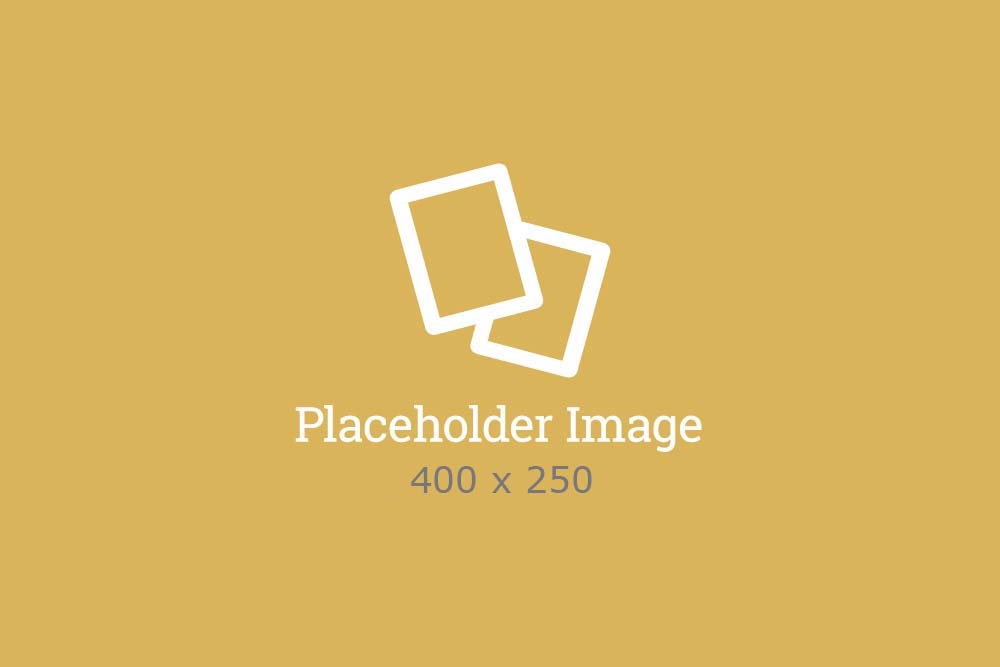1. Definitions, concepts, basic presentations, economical significance of the waste treatment and valorization “philosophy”.
2. Types of wastes and residues: Solid, semi-solid and liquid wastes; residues containing sugars, proteins, fats, glycerol and phenolic compounds.
3. Growth of microorganisms on natural ecosystems (like wastes). Modeling of the bioprocesses.
4. Traditional methods of the waste-waters treatment; primary treatment (centrifugation, filtration, sedimentation, etc).
5. Traditional methods of the waste-waters treatment; secondary (biotechnological) treatment. Trickling filters and activated sludge.
6. Models, calculations and equations in the biological treatment plants.
7. Treatment of solid wastes and residues. Composting process.
8. Anaerobic treatment. Biogas production. Biochemistry and technology.
9. Biotechnology of edible mushrooms production during growth on wastes and residues.
10. Advanced processes of waste and residue treatment: Implication of chemical and enzymatic methods in the synthesis of added-value products through waste valorization.
11. Advanced processes of waste and residue treatment: Implication of microbiological methods in the synthesis of added-value products through waste valorization. Synthesis of single-cell protein, lipid, organic acids, etc.
12. Case studies: Conversions of Greek-type wastes: Olive-mill waste-waters and cheese-whey.
The course aims at:
- providing knowledge concerning the various traditional and advanced methods related with the treatment and the valorization of agro-industrial wastes and residues.
- also at initiating the students to the several types of chemical, enzymatic and microbial methods related with the treatment and valorization of agro-industrial wastes and residues.
- the acquisition of competencies concerning the knowledge of “Green” and “Sustainable” methods implicated in the valorization of food and agro-industrial waste streams and residues.
- finally developing the person’s ability to successfully understand the several processes related with the conversions of wastes and residues into added-value compounds with the aid of chemical and biotechnological methods
1. ΜΙΚΡΟΒΙΟΛΟΓΙΑ ΚΑΙ ΜΙΚΡΟΒΙΑΚΗ ΤΕΧΝΟΛΟΓΙΑ, Συγγραφέας: Γ. ΑΓΓΕΛΗΣ, Εκδόσεις ΣΤΑΜΟΥΛΗΣ ΑΕ, 2η έκδοση, 2017
2. ΜΗΧΑΝΙΚΗ ΒΙΟΔΙΕΡΓΑΣΙΩΝ - ΒΑΣΙΚΕΣ ΕΝΝΟΙΕΣ, Συγγραφέας: M. SHULER – F. KARGI, ΠΑΝ/ΚΕΣ ΕΚΔΟΣΕΙΣ ΕΜΠ, 2005
